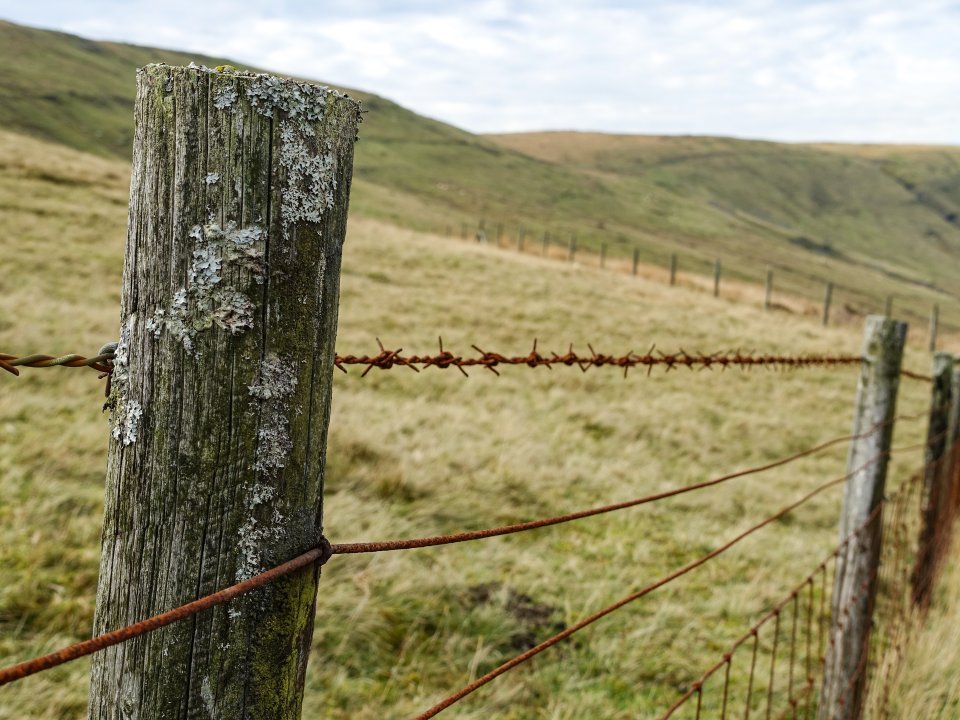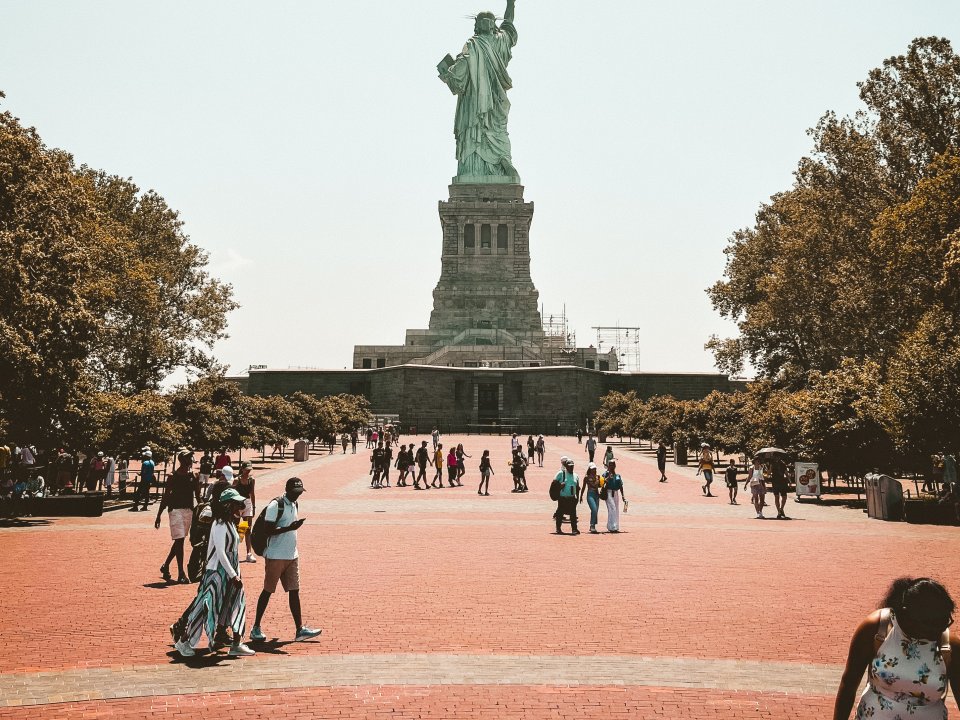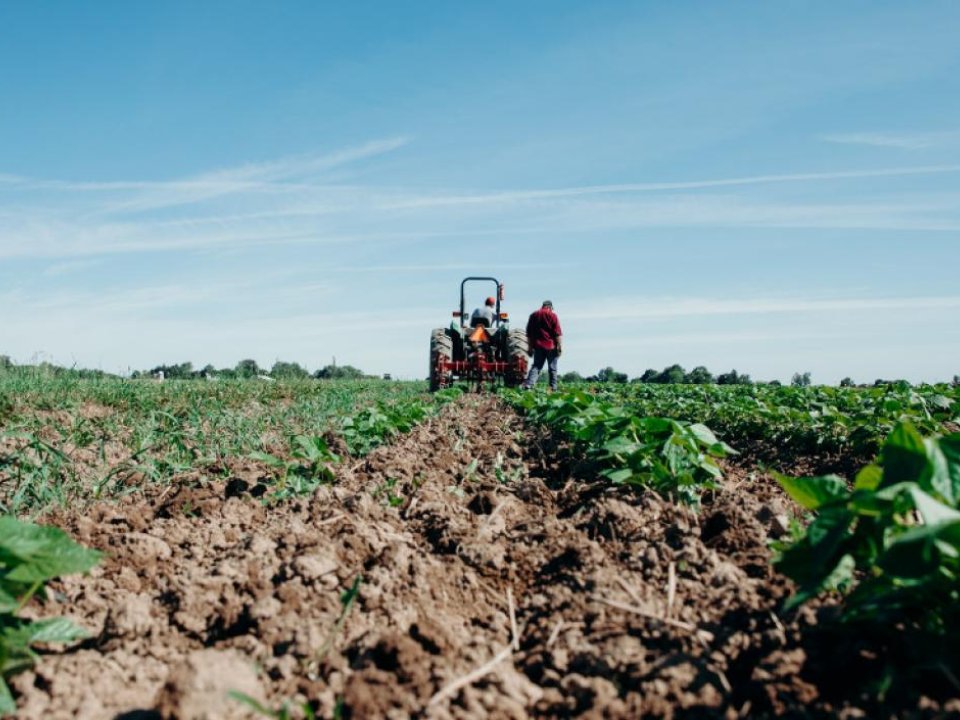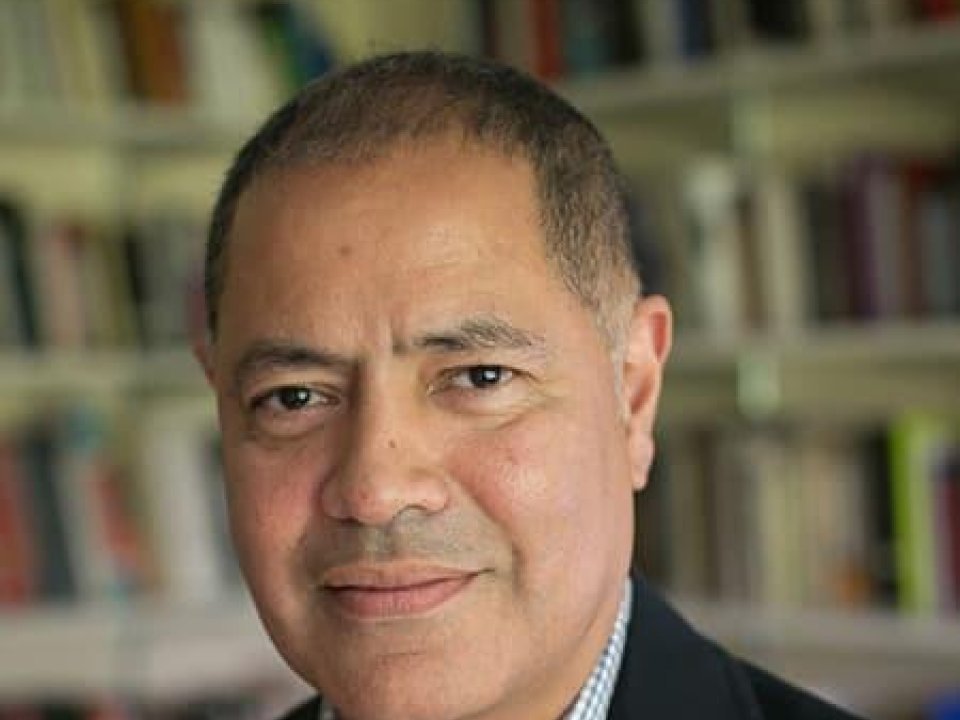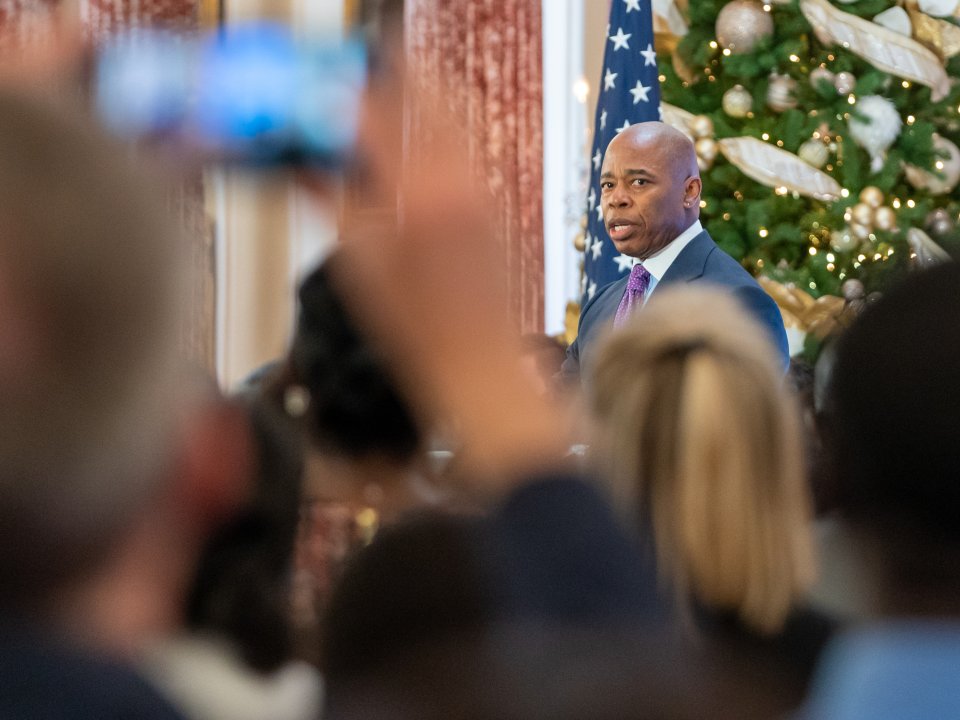News
Cornell has a $9.9 million grant from the Bezos Earth Fund for the development of low-cost virtual fencing last April. Virtual fencing is a potential solution to the traditional barbed wire fences used in the American west.
Stephen Yale-Loehr, professor of immigration law, details the next steps for Venezuelan migrants in New York City.
Shannon Gleeson, the Edmund Ezra Day Professor and chair of the ILR School’s Global Labor and Work Department, and Beth Lyon, associate dean for experiential education and clinical law professor at the Cornell Law School, have been selected to anchor the U.S. portion of a study examining migrant workers in the labor markets of high-income settler-colonial countries.
Steven Yale-Loehr, professor of immigration law, discusses Sergei Leontiev who has fled Russia. Steven Yale-Loehr discusses New York's plan to supply migrant workers with state work permits in this New York Daily News article and another in The New York Times.
Adriaan Dokter, research associate at the Lab of Ornithology, says, “We've discovered that each autumn, an average of 4 billion birds move south from Canada into the U.S. At the same time, another 4.7 billion birds leave the U.S. over the southern border, heading to the tropics.”
Article notes that the Cayuga Museum of History & Art will host Gerard Aching, retired professor in the humanities, for his presentation of “Voices on the Underground Railroad.“
Stephen Yale-Loehr, professor of immigration law, discusses the backlogged work authorization system.
Stephen Yale-Loehr, professor of immigration law, says, “There are a lot of issues that need to be resolved and so far there does not seem to be any coordination between state and local authorities to figure this out.”
“Birds are the canary in the coal mine,” says Amanda Rodewald, professor of ornithology. “They’re an early warning of environmental changes that also can affect us.”

